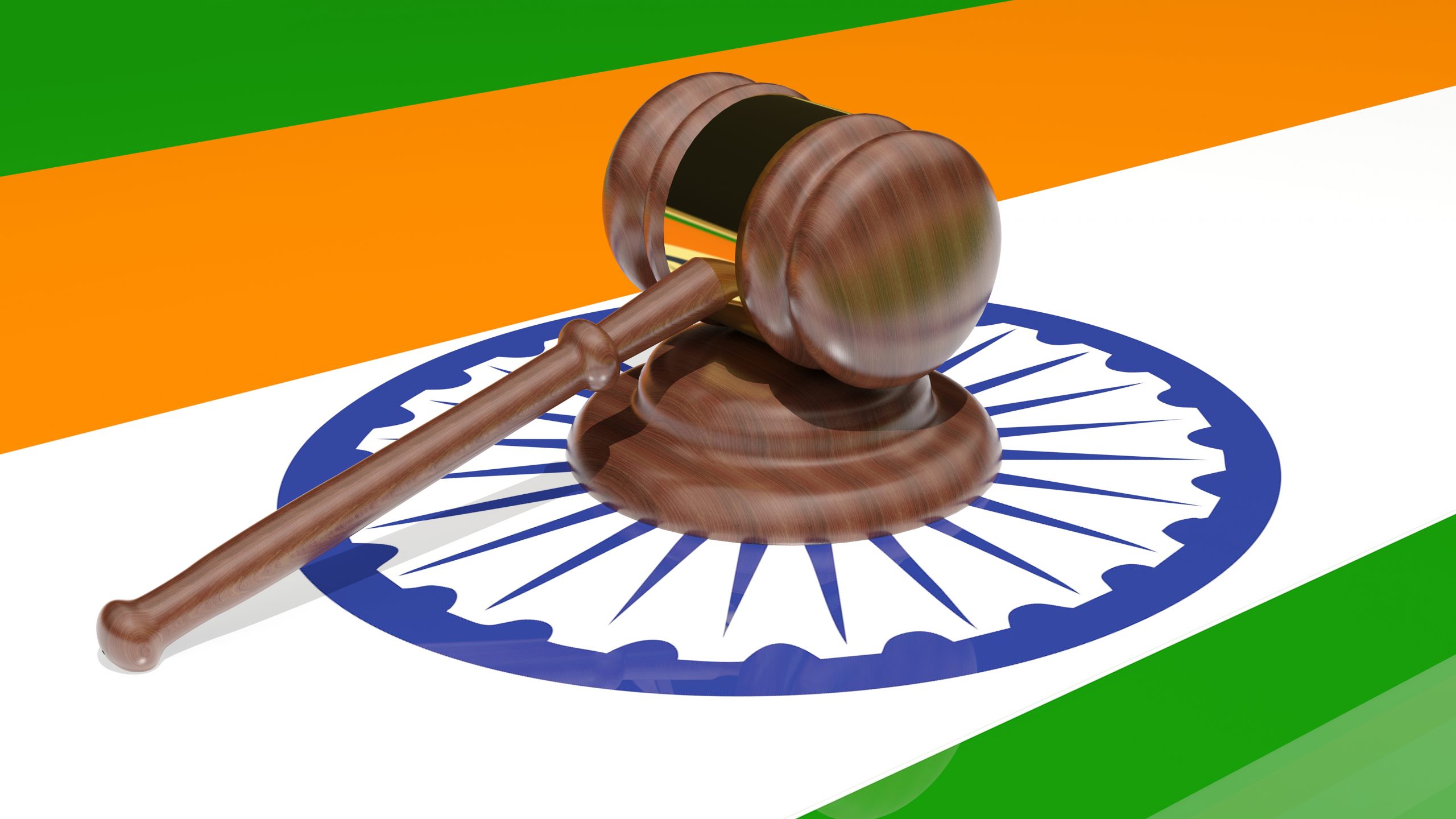“The Prius judgment changed the course of the universality principle in India, and thus the way in which trans-border reputation is determined.”
 A trademark is accorded reputation through its prolonged use and the goodwill it holds in the market where it operates. A trademark is believed to have a reputation when the general public recognizes the product by its mark. The reputation of a well-known trademark knows no bounds, and therefore foreign trademarks with a reputation are accorded protection in India. This concept of trans-border reputation protection follows the principle of universality, which states that once the reputation of a trademark transcends the physical boundaries of the country in which it was registered and gains popularity in other countries as well, it is to be protected in all relevant jurisdictions. Thus, the trademark owner is entitled to protection under the doctrine of passing-off if it can prove that the reputation of its trademark transcended geographical borders by way of promotions, advertisements and media communications.
A trademark is accorded reputation through its prolonged use and the goodwill it holds in the market where it operates. A trademark is believed to have a reputation when the general public recognizes the product by its mark. The reputation of a well-known trademark knows no bounds, and therefore foreign trademarks with a reputation are accorded protection in India. This concept of trans-border reputation protection follows the principle of universality, which states that once the reputation of a trademark transcends the physical boundaries of the country in which it was registered and gains popularity in other countries as well, it is to be protected in all relevant jurisdictions. Thus, the trademark owner is entitled to protection under the doctrine of passing-off if it can prove that the reputation of its trademark transcended geographical borders by way of promotions, advertisements and media communications.
The concept of trans-border reputation has its origin in the Indian legal system through the case of NR Dongre vs Whirlpool Corporation in 1996. In this case, the Indian Supreme Court held that protection of a trademark can be granted on grounds of trans-border reputation, even when knowledge of the product is solely disseminated through media and advertisements, without any actual presence or use of the product in the Indian market.
Landmark Judgment
In India, this principle of universality was followed up until 2017, when the famous Prius case judgment (Toyota Jidosha Kabushiki Kaisha vs M/s Prius Auto Industries Ltd & Ors.) was issued, changing the course of the universality principle, and thus the way in which trans-border reputation is determined.
Toyota Jidosha Kabushiki Kaisha, the plaintiff in the case, is a global automobile manufacturing company headquartered in Japan. During the late 1990s, it launched a hybrid model car with the name “Prius,” and obtained trademark registrations for the name in various countries. The defendants, M/s Prius Auto Industries Ltd., manufactured spare parts and accessories for cars in India beginning in 2001 and registered the trademark “Prius” in 2002. When Toyota discovered this fact, they filed an infringement suit before the Delhi High Court, which granted an ad-interim injunction in favor of Toyota, restraining the defendants from using the mark.
Supreme Court Appeal
Aggrieved by the decision of the single bench, the defendants filed an appeal before the Division Bench of the Delhi High Court, which reversed the previous order and, applying the principle of territoriality, held that Toyota was required to show that the reputation of its mark had found its way into the Indian territory prior to the registration of the defendant’s mark. Toyota then filed an appeal before the Supreme Court challenging the High Court’s decision. Relying on international precedents, the Supreme Court took the view that the widespread reputation of a foreign mark across the world is not enough to establish that the said mark has also acquired substantial goodwill in the Indian territory. Upholding the Divisional Bench order in light of the territoriality doctrine, the Supreme Court also observed that there must be sufficient evidence to show that the reputation of the trademark has spilled over into the Indian territory.
Considering the evidence on record, the Supreme Court held that advertisements in various magazines and information available through internet websites was not adequate to establish the reputation and the goodwill of the plaintiff’s mark within India, since the use of the internet was not prevalent enough during the early 2000s for the public to be aware of the launch of Toyota’s car. Establishing a precedent for all upcoming cases of trans-border reputation, the Court opined that the physical presence of the product in the market is not necessary, but that knowledge of the product through its registered trademark to the relevant set of the public is. However, since Toyota had not established this, the Court concluded that the High Court’s Division Bench was justified in setting aside the injunction order of the Single Bench.
Although the Prius judgment marked a complete turnaround from the previous cases on trans-border reputation, it is pertinent to note that one of the deciding factors of the case was the lack of dissemination of the information to a certain subset of the relevant public, since the use of the internet was not prominent at the time the cause of action arose. Today, use of the internet is ubiquitous, and thus such information may be relevant to consider. In light of the decision, the impact of advertisements, and the degree of reputation they create, cannot be overstated.
Precedent Post-Prius
In 2020, a case on trans-border reputation decided by the Delhi High Court applied the precedent of the Prius judgment. The case was Keller Williams Realty, Inc. vs Dingle Buildcons Pvt. Ltd. & Ors.
Keller Williams Realty was the plaintiff, based in the U.S. state of Texas, and is one of the largest residential real estate brokers around the world operating under the registered trademark KELLER WILLIAMS or its abbreviation “KW”. The trademark is registered in various countries and has goodwill and reputation across the globe. The trademark was registered in India in the year 2012 under classes 35 and 36. The defendants, Dingle Buildcons, were builders operating in India since 2006 using the formative trademark KW, and registered the mark in 2011. Some of the trademarks used were KW SRISHTI and KW Delhi 6. Keller Williams filed a trademark infringement suit seeking a permanent injunction against the defendant’s use of the mark KW.
Delhi High Court Decision
Relying on the Prius judgment, the Delhi High Court held that the plaintiff was unable to provide sufficient evidence to show that its trademark KW had acquired a reputation in India and failed to establish the spilling over of its reputation in India, even though it was registered in 2012, i.e., before the registration of defendant’s mark. The court clarified that the “first in the world” test (universality principle) can be applied only if the trademark case relates to the pharmaceutical industry, since the field of medicines and drugs is inherently international in character and does not require evidence of trans-border reputation.
The court further observed that the mark KW was not confusing, as it was being used for dissimilar services and only as a suffix by the defendants. In addition, the plaintiff’s mark used letters of the English Alphabet and could not be accorded a monopoly. Further, there was a delay on the part of the plaintiff, since they had knowledge of the defendant’s use of the marks, which was evident from their reply to the defendant’s examination report.
Although there were discrepancies in the defendant’s stance with regard to the explanation given for use of the said mark, no weight was accorded to it, and the High Court, citing the territoriality principle, held that there was no prima facie case of trademark infringement or passing off.
Effect on Future Trademark Cases in India
The key takeaways from the Prius judgment are:
- Intangible assets such as trademarks must generally adhere to territoriality principles, just like tangible properties, unless there are exceptional circumstances.
- The new regime of trademark reputation is characterized by the principle of territoriality, which has superseded the principle of universality previously followed in India.
- When considering the issue of trans-border reputation, the deciding factor shall be the evidence placed on record in the form of advertisements and media promotions and the reach of that product to the relevant population, and not the public in general.
The Prius judgment can be seen as a shield to indigenous entrepreneurs and businesses provided by the Supreme Court against foreign marks. These marks registered and used in foreign countries posed a competition and threat to the indigenous marks, despite having no business or reputation in the Indian market, but only by virtue of their reputation across the globe.
The case of Dingle Buildcons demonstrates that binding precedent has been laid down by the Supreme Court for cases related to trans-border reputation. The Prius judgment is being applied in such a way that the principle of territoriality has overtaken the universality principle. It also has clarified the conflict between the use of the universality principle and the territoriality principle, in that the Delhi High Court has explicitly limited the “first in the market” test to the field of medicines.
Image Source: Deposit Photos
Image ID:13404610
Copyright:viperagp

![[IPWatchdog Logo]](https://ipwatchdog.com/wp-content/themes/IPWatchdog%20-%202023/assets/images/temp/logo-small@2x.png)

![[Advertisement]](https://ipwatchdog.com/wp-content/uploads/2024/04/Patent-Litigation-Masters-2024-sidebar-early-bird-ends-Apr-21-last-chance-700x500-1.jpg)

![[Advertisement]](https://ipwatchdog.com/wp-content/uploads/2021/12/WEBINAR-336-x-280-px.png)
![[Advertisement]](https://ipwatchdog.com/wp-content/uploads/2021/12/2021-Patent-Practice-on-Demand-recorded-Feb-2021-336-x-280.jpg)
![[Advertisement]](https://ipwatchdog.com/wp-content/uploads/2021/12/Ad-4-The-Invent-Patent-System™.png)







Join the Discussion
No comments yet.